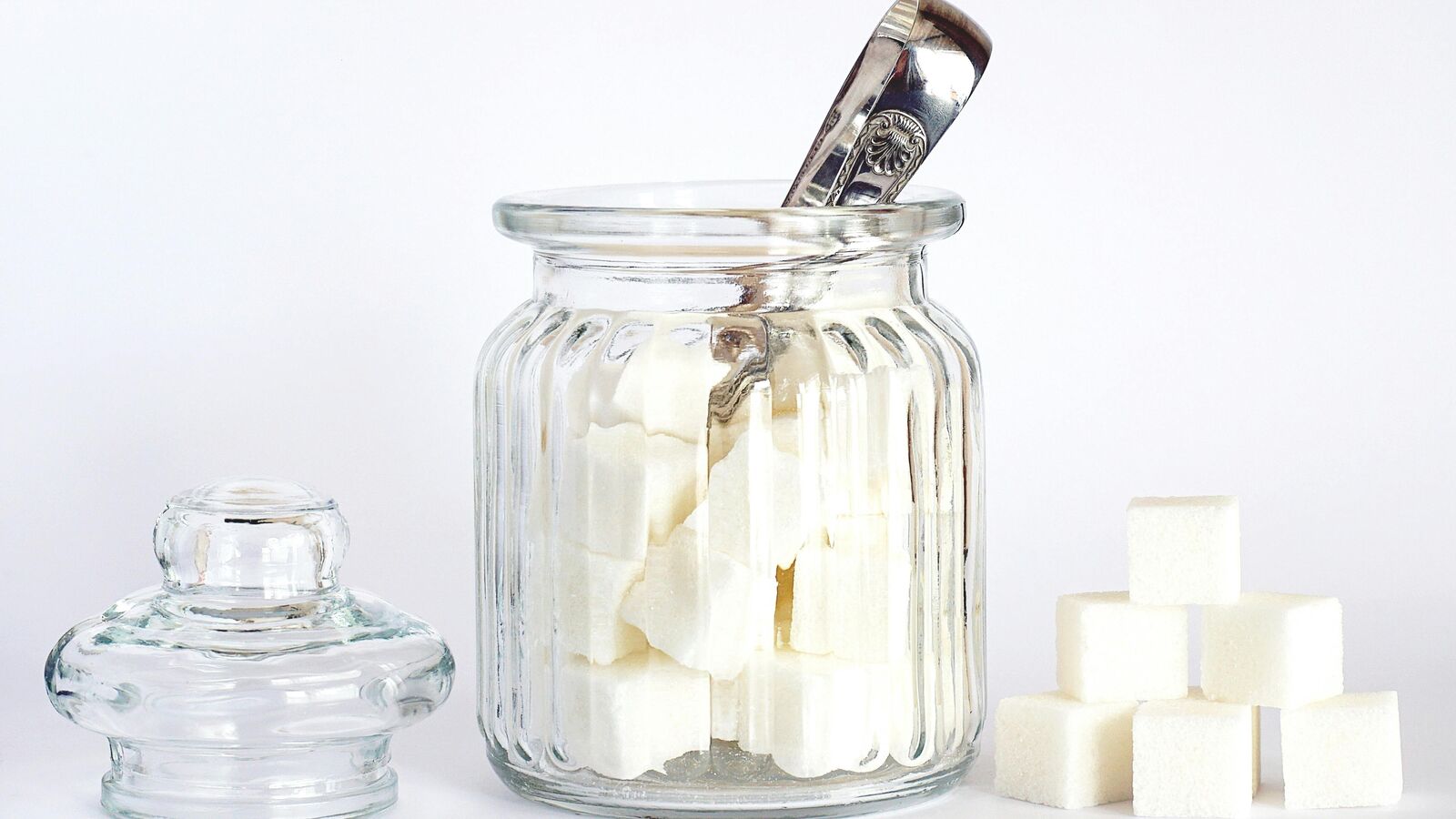Science
New Research Links Sucralose to Reduced Cancer Treatment Efficacy

A study from the University of Pittsburgh and the UPMC Hillman Cancer Centre suggests that the artificial sweetener sucralose may hinder the effectiveness of certain cancer treatments. The research indicates that cancer patients, particularly those suffering from melanoma and non-small cell lung cancer, may experience worse survival rates when consuming sucralose compared to those with lower intake levels.
The findings reveal that sucralose might interfere with the body’s response to cancer therapies by altering gut bacteria composition. In tests conducted on mice, researchers observed that sucralose caused a significant shift in gut microbiota, leading to increased bacteria that degrade arginine. This shift resulted in lower levels of this crucial amino acid in blood, tumor fluid, and stool.
Impact on Immunotherapy
According to the study, when arginine levels dropped due to sucralose-induced changes in the microbiome, the functionality of T cells was compromised. Doctor Abby Overacre, assistant professor in the Department of Immunology at the University of Pittsburgh, emphasized the implications of these findings. “When arginine levels were depleted due to sucralose-driven shifts in the microbiome, T cells couldn’t function properly,” she explained. “As a result, immunotherapy wasn’t as effective in mice that were fed sucralose.”
The research also identifies a potential solution. The team found that arginine supplementation could counteract the negative effects of sucralose on immunotherapy treatments in the mice. This discovery opens avenues for future clinical trials to explore whether similar approaches may be beneficial for human patients.
Practical Considerations for Patients
Doctor Overacre acknowledged the challenges cancer patients face when it comes to dietary changes. “It’s easy to say, ‘Stop drinking diet soda,’ but when patients are being treated for cancer, they are already dealing with enough,” she stated. She stressed the importance of finding practical approaches that do not add to the burden of the disease. “We need to meet patients where they are. That’s why it’s so exciting that arginine supplementation could be a simple approach to counteract the negative effects of sucralose on immunotherapy,” she added.
The study highlights the need for further investigation into the interactions between artificial sweeteners and cancer treatments. As researchers continue to explore these connections, the hope is that findings will lead to improved outcomes for patients navigating their treatment journeys.
-

 World5 months ago
World5 months agoSBI Announces QIP Floor Price at ₹811.05 Per Share
-

 Lifestyle5 months ago
Lifestyle5 months agoCept Unveils ₹3.1 Crore Urban Mobility Plan for Sustainable Growth
-

 Science4 months ago
Science4 months agoNew Blood Group Discovered in South Indian Woman at Rotary Centre
-

 World5 months ago
World5 months agoTorrential Rains Cause Flash Flooding in New York and New Jersey
-

 Top Stories5 months ago
Top Stories5 months agoKonkani Cultural Organisation to Host Pearl Jubilee in Abu Dhabi
-

 Sports4 months ago
Sports4 months agoBroad Advocates for Bowling Change Ahead of Final Test Against India
-

 Science5 months ago
Science5 months agoNothing Headphone 1 Review: A Bold Contender in Audio Design
-

 Top Stories5 months ago
Top Stories5 months agoAir India Crash Investigation Highlights Boeing Fuel Switch Concerns
-

 Business5 months ago
Business5 months agoIndian Stock Market Rebounds: Sensex and Nifty Rise After Four-Day Decline
-

 Sports4 months ago
Sports4 months agoCristian Totti Retires at 19: Pressure of Fame Takes Toll
-

 Politics5 months ago
Politics5 months agoAbandoned Doberman Finds New Home After Journey to Prague
-

 Top Stories5 months ago
Top Stories5 months agoPatna Bank Manager Abhishek Varun Found Dead in Well









